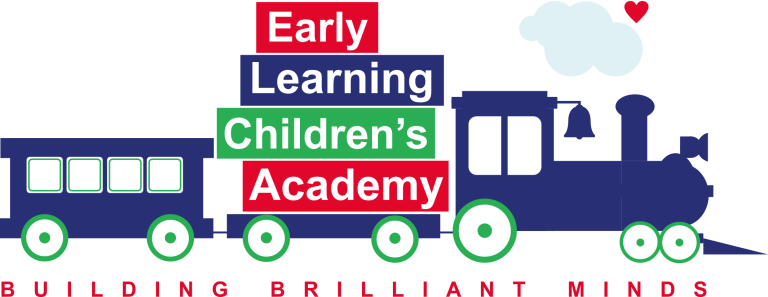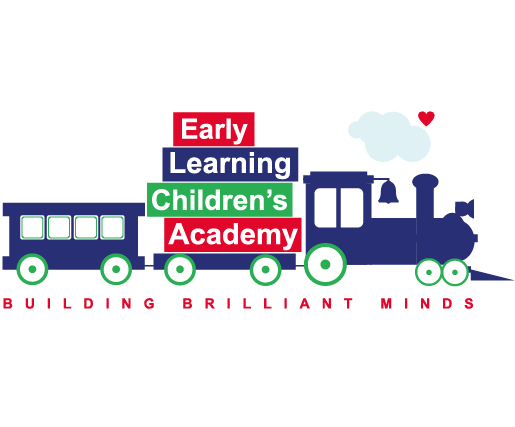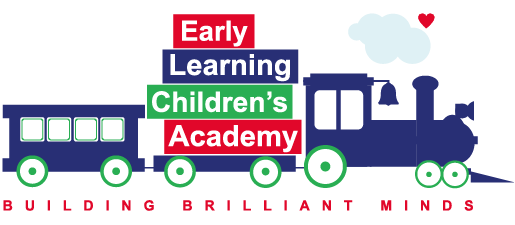The COVID-19 pandemic and associated government-mandated shutdowns disrupted schooling, socialization, and family life for children during spring 2020. These disruptions may have contributed to increased child behavioral challenges that many families are still experiencing to this day.
But despite trending conversations about our emotional well-being, the mental health of our youngest citizens is largely ignored or misunderstood. As a baby grows through infancy, toddlerhood, and the preschool years, each experience both positive and negative becomes a building block for their future wellness. Children’s mental health has a direct impact on their social and emotional development.
The impact that COVID-19 has had on families has resulted in likely one of the biggest transitions for children in their lifetime. Children may be experiencing a variety of emotions, such as fear, confusion, anger, anxiety, and boredom, which may influence the development or exacerbation of challenging behaviors. Using several important behavior strategies, parents can better address their children’s challenging behaviors and make this time at home run a bit more smoothly for everyone.
One step to take is to set realistic expectations for yourself and your child. It is important to be realistic regarding what you and your children can accomplish each day. Another is setting up and sticking to a regular schedule is important because consistency and structure help children know what is going to happen and when, which can help to reduce anxiety, as well as increase compliance. Children learn by observing the actions of others. One way to help a child who is exhibiting challenging behaviors is to model the appropriate behavior. Praise the appropriate behavior. Let your kids know that you are watching and noticing all the good things they are doing. Praise the appropriate behavior. Don’t just save the reinforcement for the end of the day, give it out in small increments throughout the day. Finally, know when to ask for help. Contact the intermediate unit in your area to find out about programs to support children who exhibit atypical behaviors.

At ELCA we support children by offering positive behavior reinforcement. Positive reinforcement can be an effective behavior modification approach. Positive reinforcement can encourage prosocial behaviors, like sharing or following directions. When this technique is used correctly it can help to prevent misbehavior, like hitting, spitting, and rule violations. The teachers at ELCA receive professional development training throughout the year that gives them both the tools to assist children during challenging behaviors as well as the knowledge to understand some of the possible underlying causes of such behavior.



